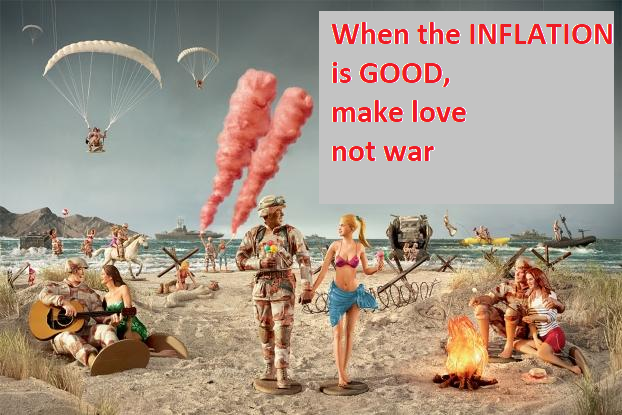László Náray, István Zsadányi
(Published on 23/03/2015 Daily Economy)
“The road-dependent market is where time really matters. Neoclassical economics imagines economics as a road-independent market”. (Lee Smolin)
In our series of articles, we pointed out that the Maastricht criteria system (Mc) was an intellectually defective product of economics. Why? The reason being even at the time of its creation in 1992, there was no economic ground to assume that the financial stability of a hypothetical and continuously expanding EU can only be secured by 60 % government debt rate. Why exactly 60%? Beyond the fact that this number (60%) was the average government debt rate of the 9 Founder States 23 years ago (1991/92), there is no other well-founded reasoning.
In a depressing environment that considers budget equilibrium as a good thing what we must have, extreme political ideas are spreading again, just like in Germany after the First World War. (In the 1920s, the Germans were overwhelmed by a huge obligation of reparation by the narrow-minded politicians of the age.)
Maastricht targets are unnecessarily tight.

